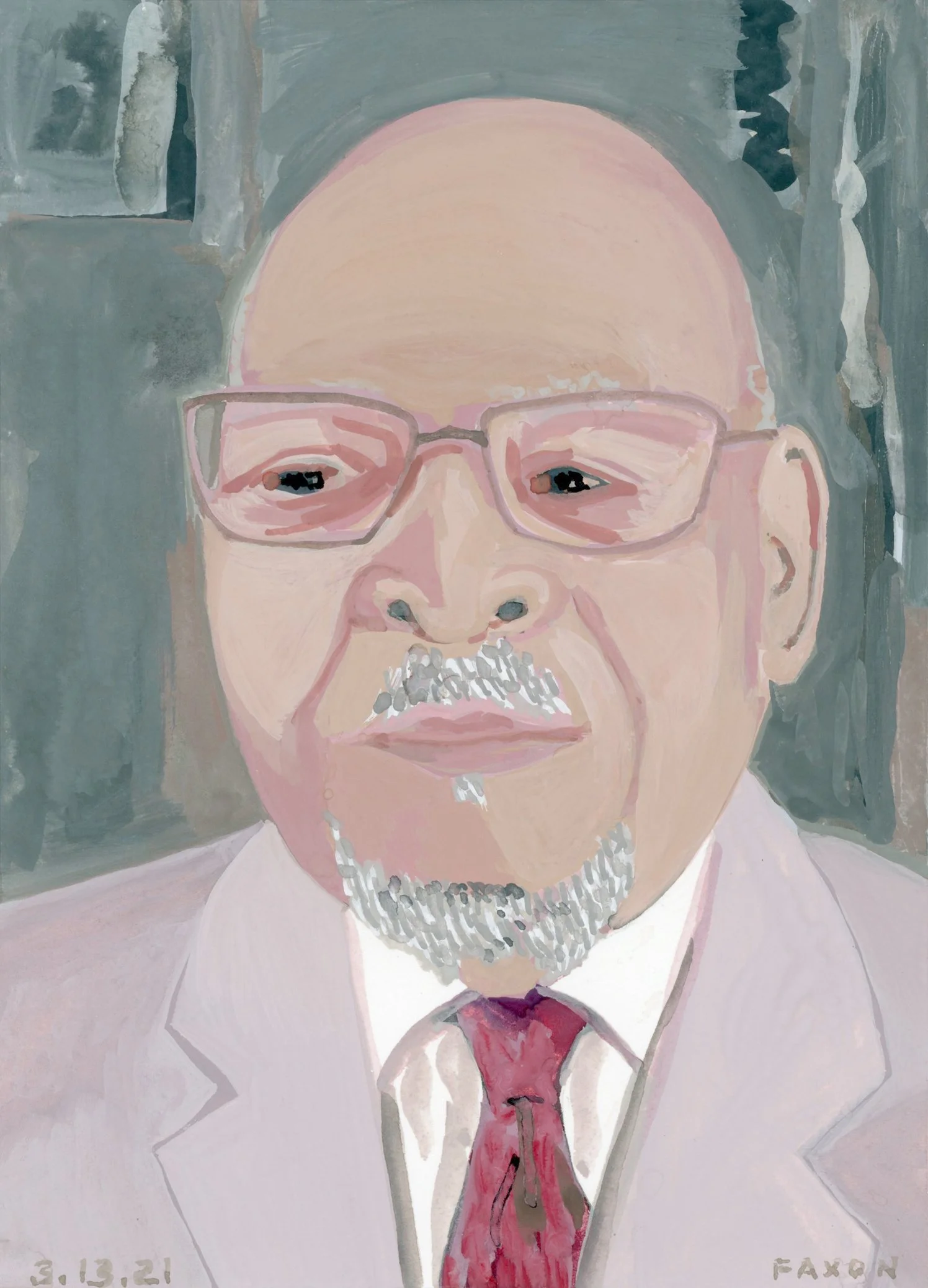... Norman, Oklahoma, was a sundown town. Terrible things happened to Black people in the state after dark who stayed too long. Imagine going to a place where you’re not wanted, where, immediately, you receive obscene phone calls at all hours of the night, garbage thrown on your lawn, police officers stopping me at night and asking: Why in the world are you in this neighborhood at night, boy?
It was the best of times and the worst of times. The worst of times was very obvious. People write about it. They talk about it. The best of times, on the other hand, are the people who said: We’re glad you’re here. Welcome.
Ten o’clock at night, doorbell rings, 12-, 13-year-old white boy standing there. I said, “I paid for the paper last week,” and closed the door.
The doorbell rang. Same kid standing there. He says: “I’m not your paper boy. I have come to take Faith to a movie.”
I remember telling him: “I teach that stuff at the university. We don’t live it in this house.” And immediately thereafter, my daughters and my son says: “Dad, we have got to talk. You’re involved in the civil rights movement. You’re encouraging other people to live as humane people. Why do you behave so badly when our white classmates come and they want to do things?”
Hmm. That was my moment of truth. If I teach reconciliation, rapprochement, acceptance, then I must live that. If I teach judging a person by the quality of their character, not the color of their skin, I must live that.
My name is George Henderson, and this is my “Brief But Spectacular” take on living what I teach.
—George Henderson, Ph.D., Professor Emeritus of Sociology, on the PBS Newshour
